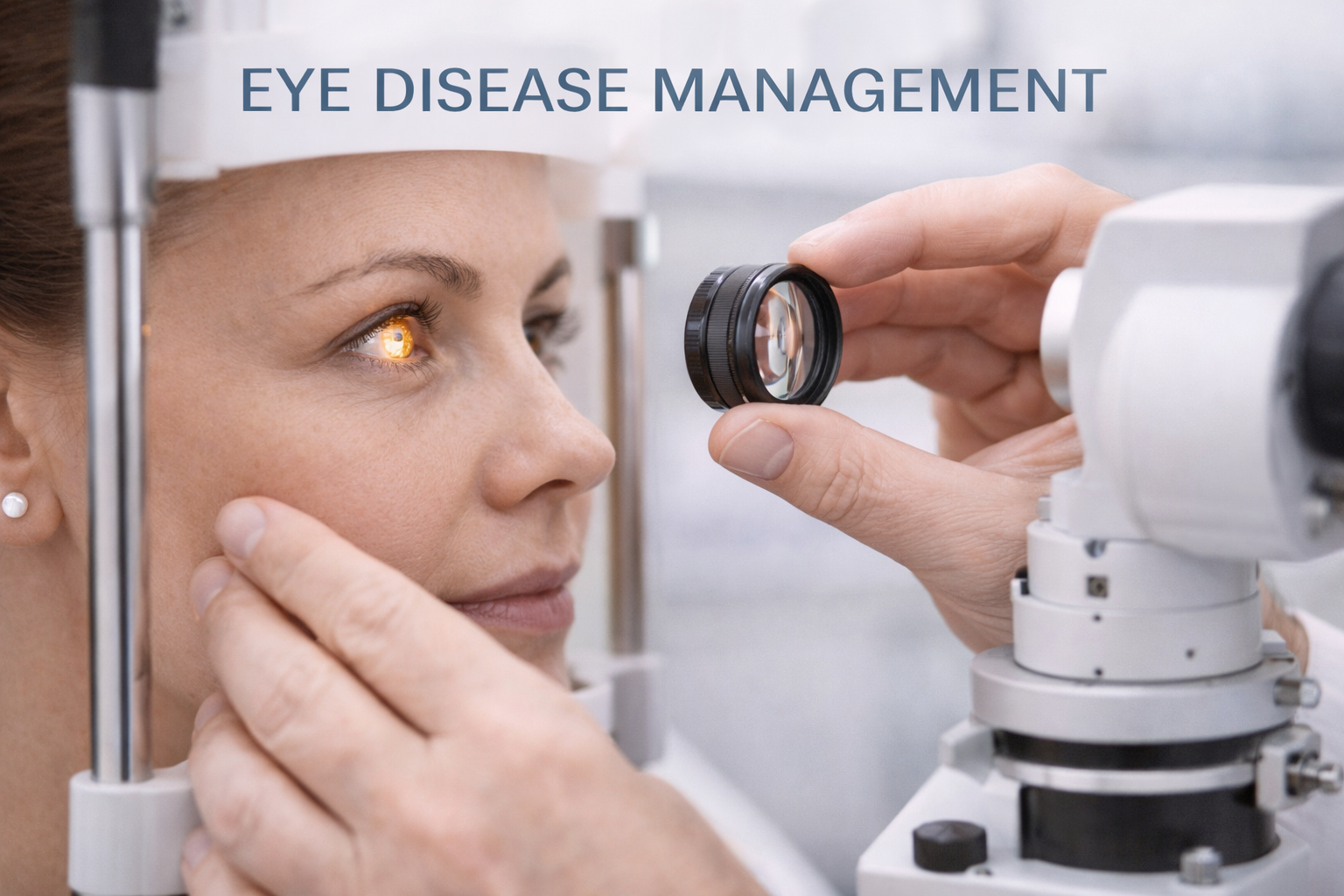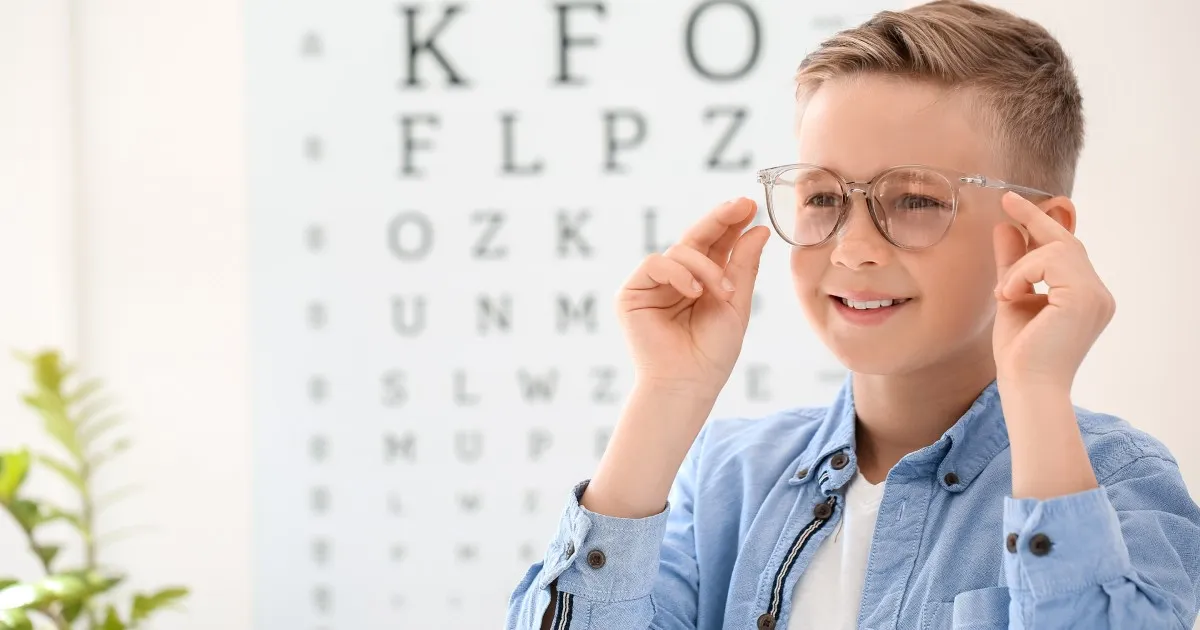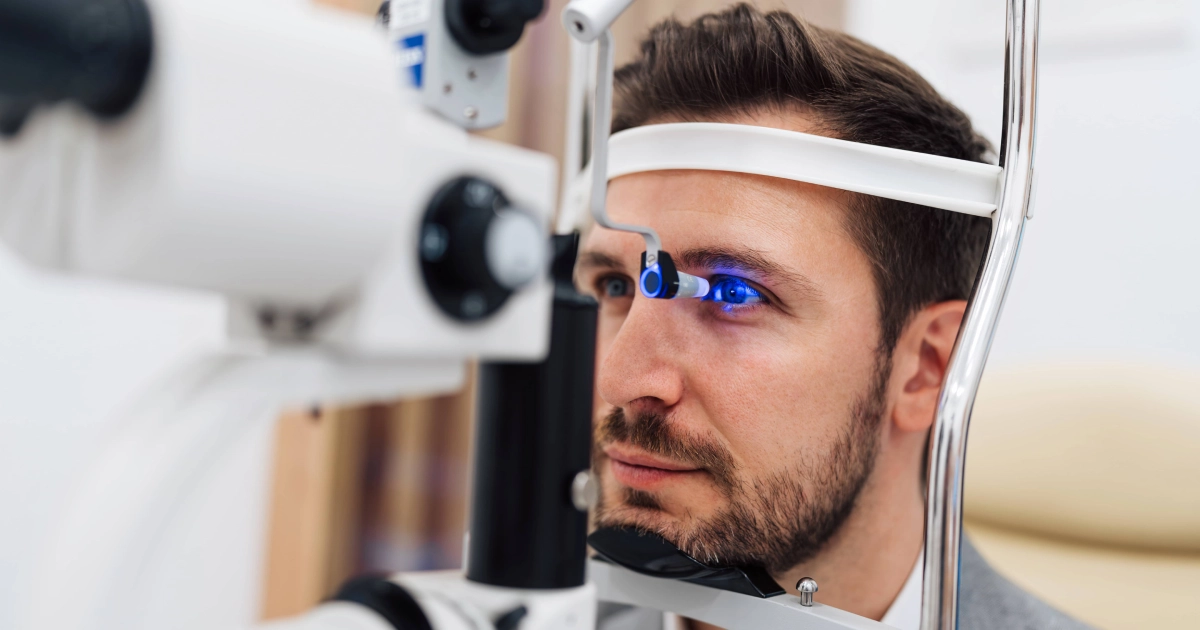When was the last time you had a comprehensive eye exam? If you can’t immediately recall the date, chances are high that it has been far too long since an optometrist thoroughly evaluated your eyes. This is a prevalent issue, as many adults – especially those who have traditionally had healthy vision – tend to neglect routine eye exams once they are out of their childhood and teenage years.
After the school years, when vision screenings are mandatory, it can be easy to take our eyes for granted and assume that if we aren’t experiencing any glaring vision problems, there is no need for an exam. However, this could not be further from the truth. Skipping these critically important preventative appointments can put your precious long-term vision at grave risk and potentially allow severe eye conditions to progress undetected.
At Rosley Eyecare & Associates, we cannot emphasize enough just how crucial it is for adults of all ages to make regular, comprehensive eye exams an unwavering priority, even if you currently have 20/20 vision and don’t wear glasses or contacts. Maintaining your eye health and protecting your vision from incremental damage should be at the absolute top of your overall healthcare checklist.
While vision may seem static and unchanging in the adult years, the reality is that our eyes are constantly evolving – often in subtle ways that we may overlook until it is too late. Preceding routine exams closes the door to proactively detecting and managing the early signs of eye diseases and other vision issues before they escalate into serious, irreversible problems down the road.
The Value of Prioritizing Routine Eye Exams
As adults, it’s all too easy to let routine preventative health appointments like eye exams fall by the wayside, especially if you’ve never had any vision issues. However, this perspective overlooks the critical role that comprehensive eye exams play in protecting your precious eyesight for the long haul.
At Rosley Eyecare & Associates, we emphasize to all our patients how vital it is to make regular eye exams a non-negotiable priority, regardless of your age or current vision quality. While you may not be experiencing any apparent symptoms right now, the truth is that many severe eye conditions have no early warning signs. Without proactive, periodic eye exams, these diseases can progress undetected, putting you at risk of permanent vision impairment or loss down the road.
Beyond detecting eye issues early, routine exams also allow your optometrist to ensure you have an updated glasses or contact lens prescription for ideal vision clarity. Your eyes can change gradually over time without you realizing it. Additionally, comprehensive eye exams sometimes provide the first clues about overall health conditions like diabetes, autoimmune disorders, cancers and more.
Don’t take chances with one of your most precious assets – your eyesight. Making regular eye exams with your optometrist a point of emphasis can allow you to safeguard your vision, identify issues early, and take a proactive approach to your eye health for years to come.
Early Detection of Eye Diseases
Many vision-threatening eye conditions, such as glaucoma, diabetic retinopathy, macular degeneration, and cataracts, have no apparent symptoms in their early stages. An eye exam allows your optometrist to detect these diseases before permanent vision loss occurs through dilated eye exams and leading imaging technologies.
Update Prescriptions
Our eyes can change gradually over time without us noticing. This slow decline in vision can impact everyday tasks like driving, working on the computer, and watching TV. Routine eye exams ensure you have an up-to-date prescription for glasses or contact lenses for clear, crisp eyesight.
Identify Overall Health Issues
Your eyes can provide important clues about your overall health and potentially indicate issues like diabetes, high blood pressure, autoimmune disorders, brain tumors, and cancers. Many life-threatening conditions show symptoms in the eye first so that an exam can be life-saving.
Maximize Eye Safety
If you work in a hazardous environment, play sports, or engage in activities where eye injuries are possible, an exam can identify any vision issues that may require safety glasses or protective eyewear. Preventing an eye emergency is far better than treating one.
How Often Should You Get an Eye Exam?
How frequently should you make an appointment for a comprehensive eye exam? The answer can depend on your age, vision history, risk factors, and overall health. However, there are some general guidelines provided by the American Optometric Association (AOA) that can serve as a starting point:
Adults 18-60 with No Vision Issues
For adults in this age range who are not currently experiencing any vision problems and have no existing eye conditions or risk factors, the AOA recommends a complete eye exam at least once every two years. This schedule allows your optometrist to monitor for any gradual changes to your vision and eye health before issues potentially develop.
Adults 61 and Older
Once you reach age 61, the AOA advises having a comprehensive medical eye exam annually. This is because the risks for age-related eye diseases like cataracts, glaucoma, macular degeneration, and diabetic retinopathy start to increase around this stage of life. Yearly exams provide your eye doctor the opportunity to carefully screen for the earliest signs of these conditions when they are most treatable.
Those with Existing Conditions or Risk Factors
Suppose you already have an eye condition like dry eyes, a retinal disorder, cataracts, glaucoma, or other issues. In that case, your optometrist will likely recommend more frequent monitoring based on the severity and current state of your eye health. The same applies if you have a systemic disease that puts you at higher risk for eye problems, such as diabetes, rheumatoid arthritis, lupus, hypertension, high cholesterol, thyroid disorders, or others. In these cases, you may need multiple eye exams per year.
Of course, these are just general guidelines. Your specific exam schedule will ultimately depend on your unique eye health profile and the optometrist’s professional recommendation. The key is to be proactive and make these appointments a priority rather than waiting for symptoms to arise, as many vision-threatening conditions can lurk symptom-free for extended periods.
Protect Your Vision for Life with Rosley Eyecare & Associates
Don’t put your irreplaceable gift of sight in jeopardy by delaying or skipping routine eye exams. While it may be tempting to forgo these appointments when you aren’t experiencing any obvious vision issues, the truth is that many eye conditions can progress silently for years before symptoms appear. By that point, permanent vision loss may already be occurring.
At Rosley Eyecare & Associates, our experienced optometrists have built our practice on a steadfast commitment to safeguarding our patients’ eye health and vision for decades to come through preventative care. We understand the life-changing impacts that eye diseases and vision impairment can have, which is why we prioritize early detection and proactive treatment.
Don’t leave your vision up to chance. Invest in your eye health for the future by scheduling regular comprehensive exams at Rosley Eyecare & Associates in today. One simple call can be your first step towards a lifetime of quality vision.






